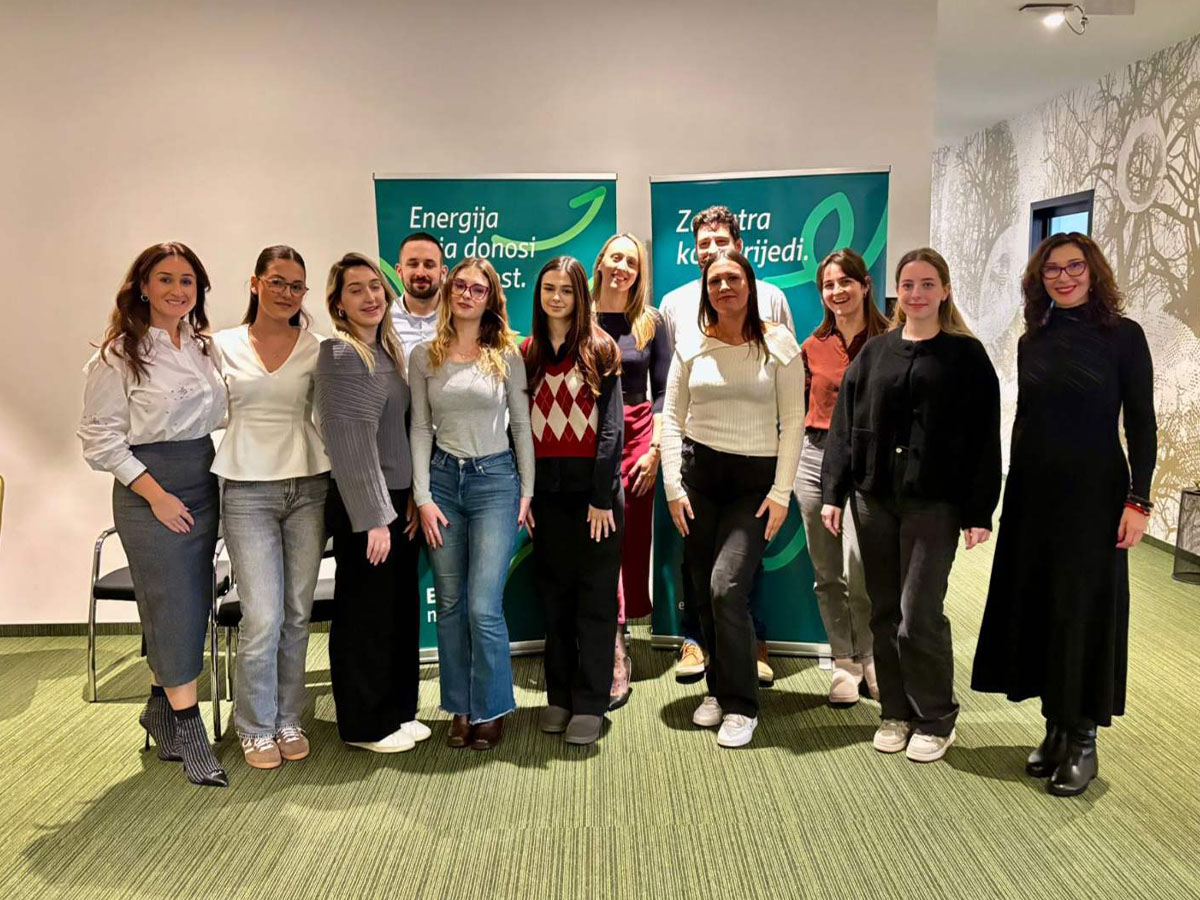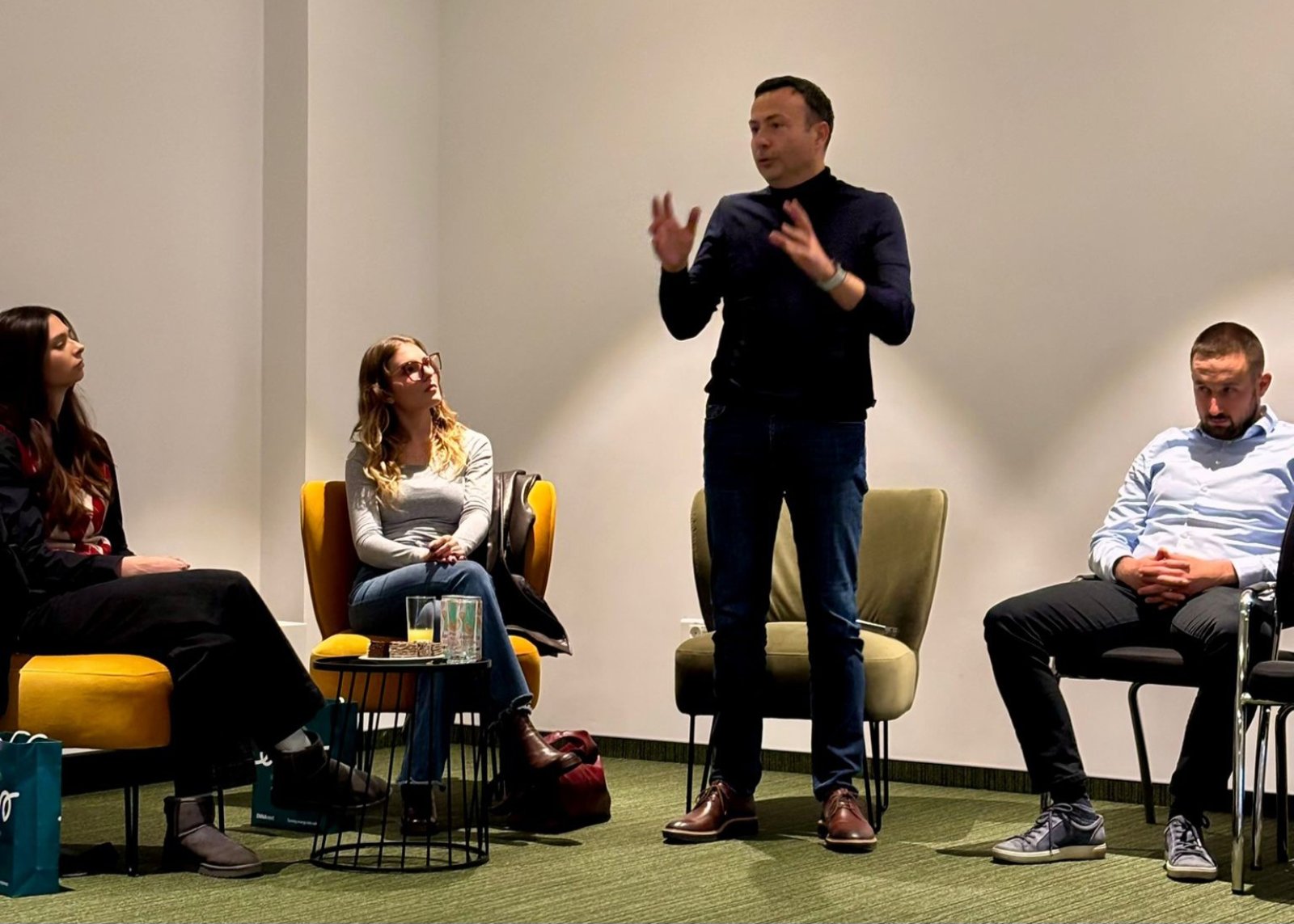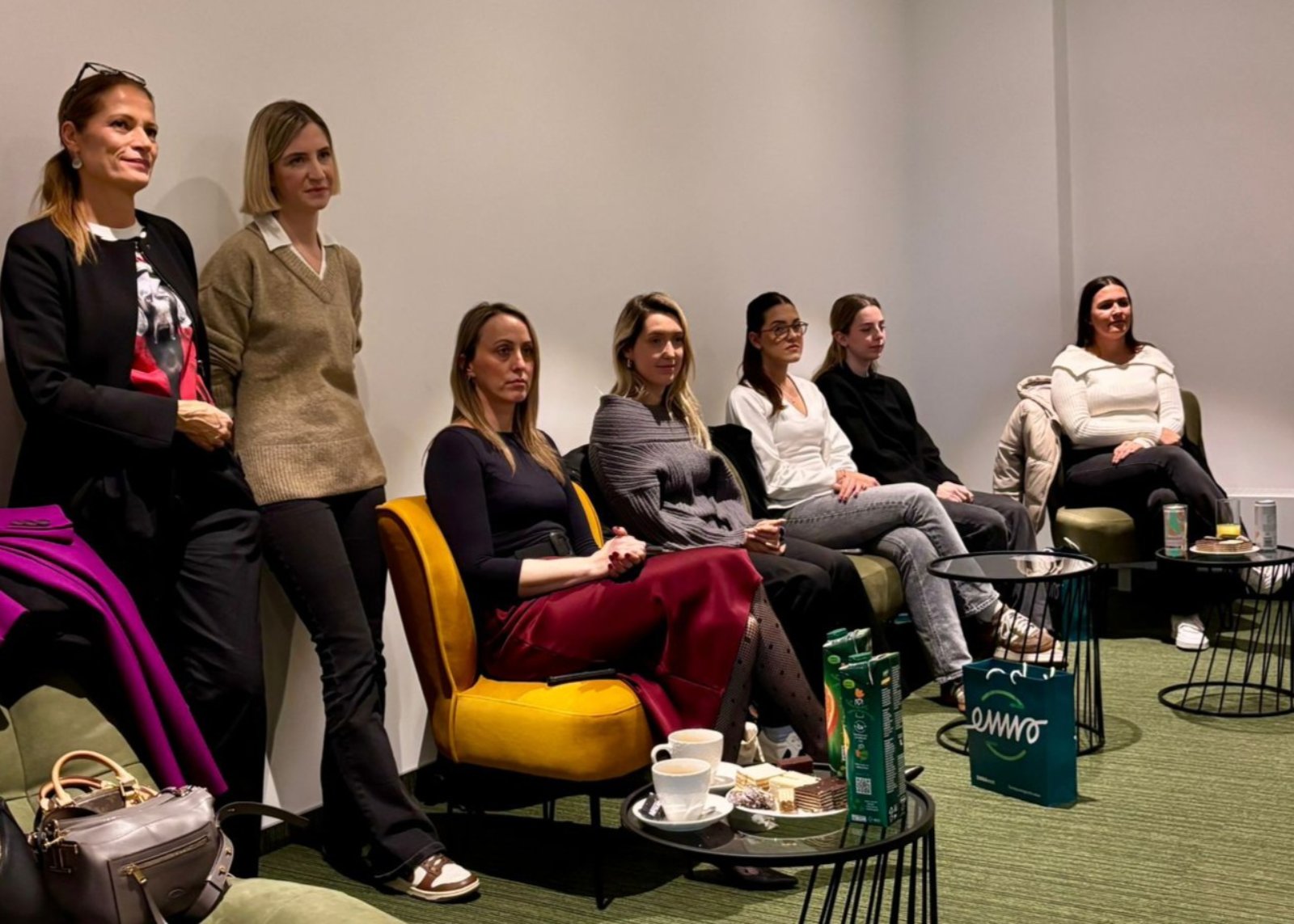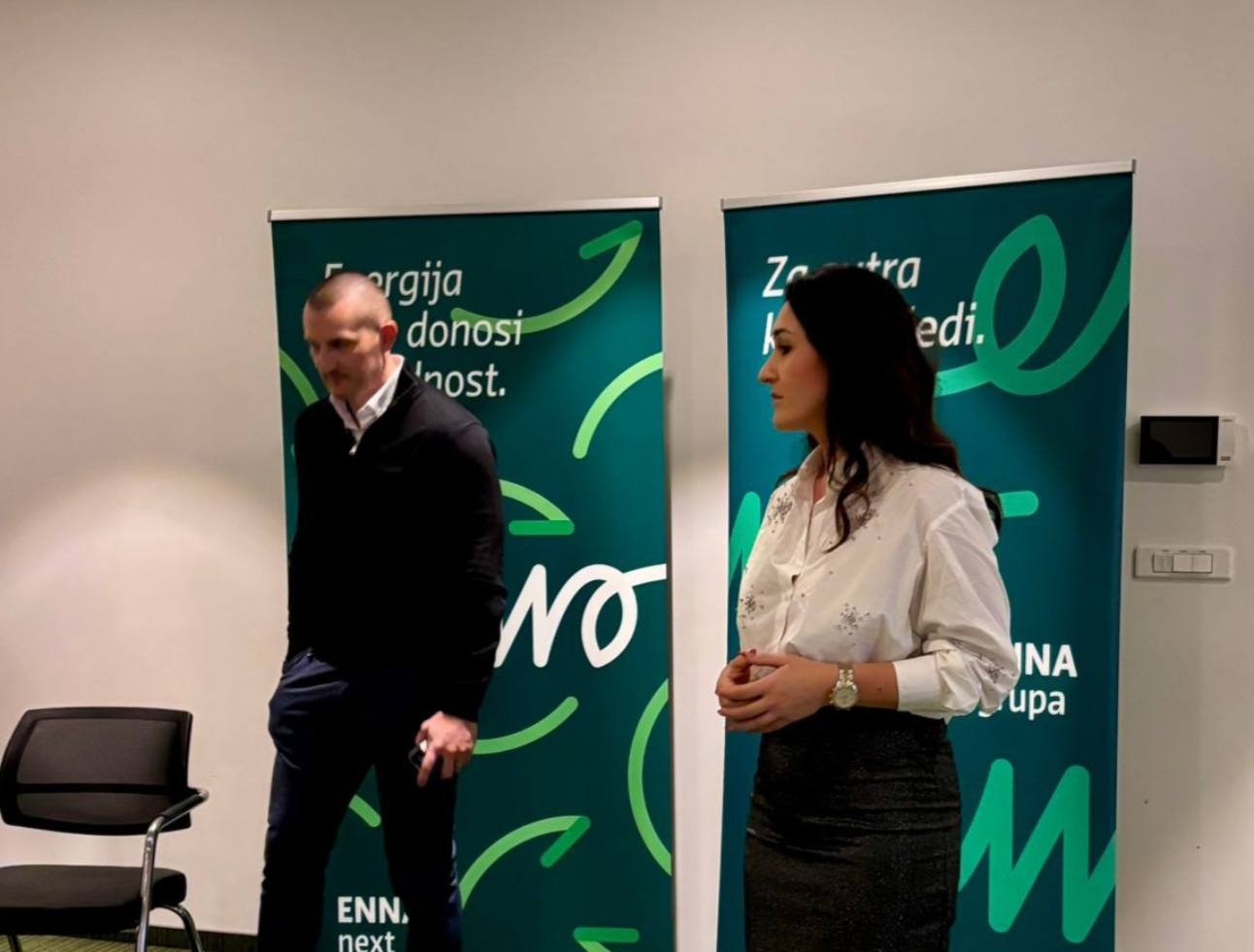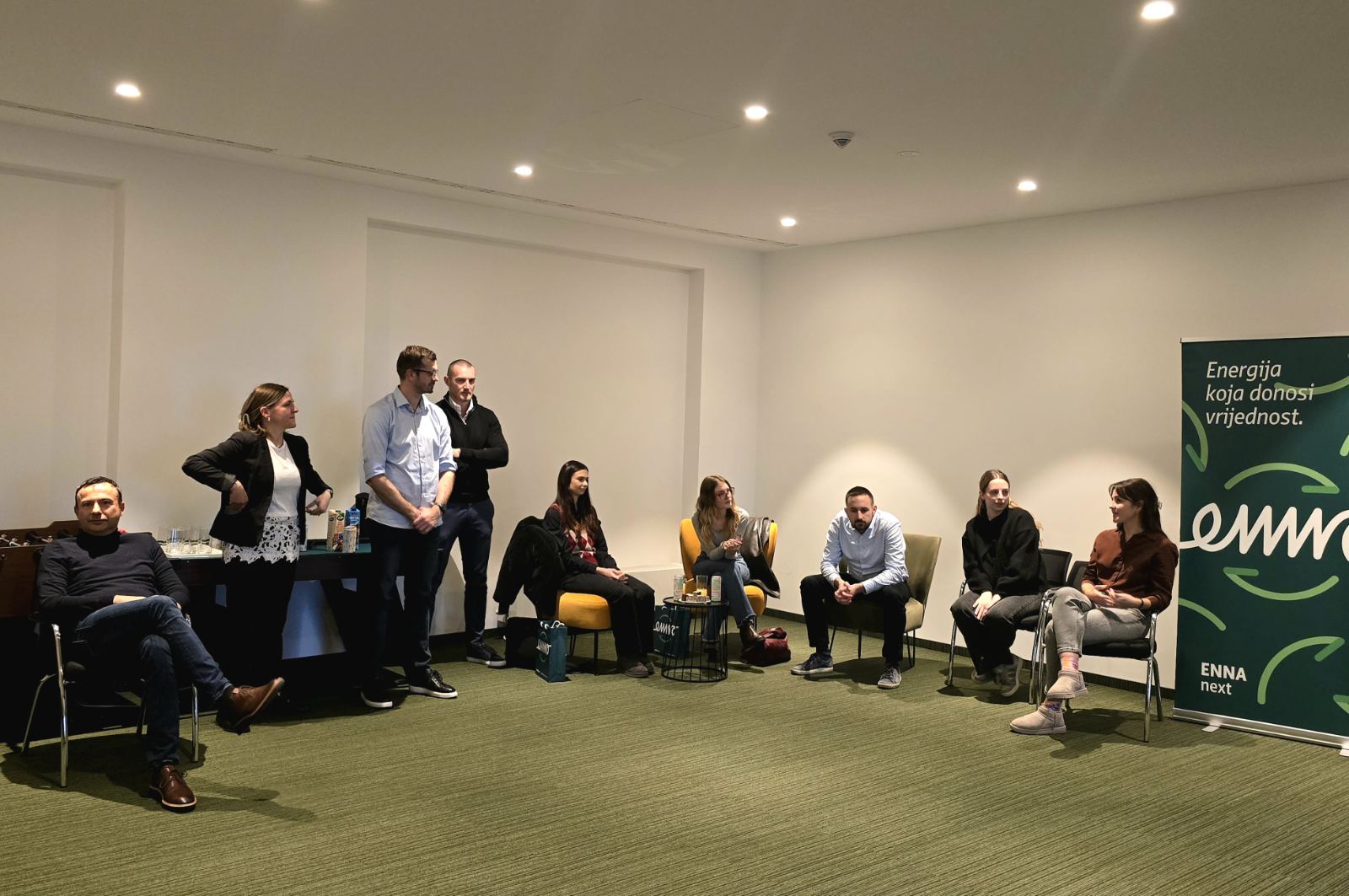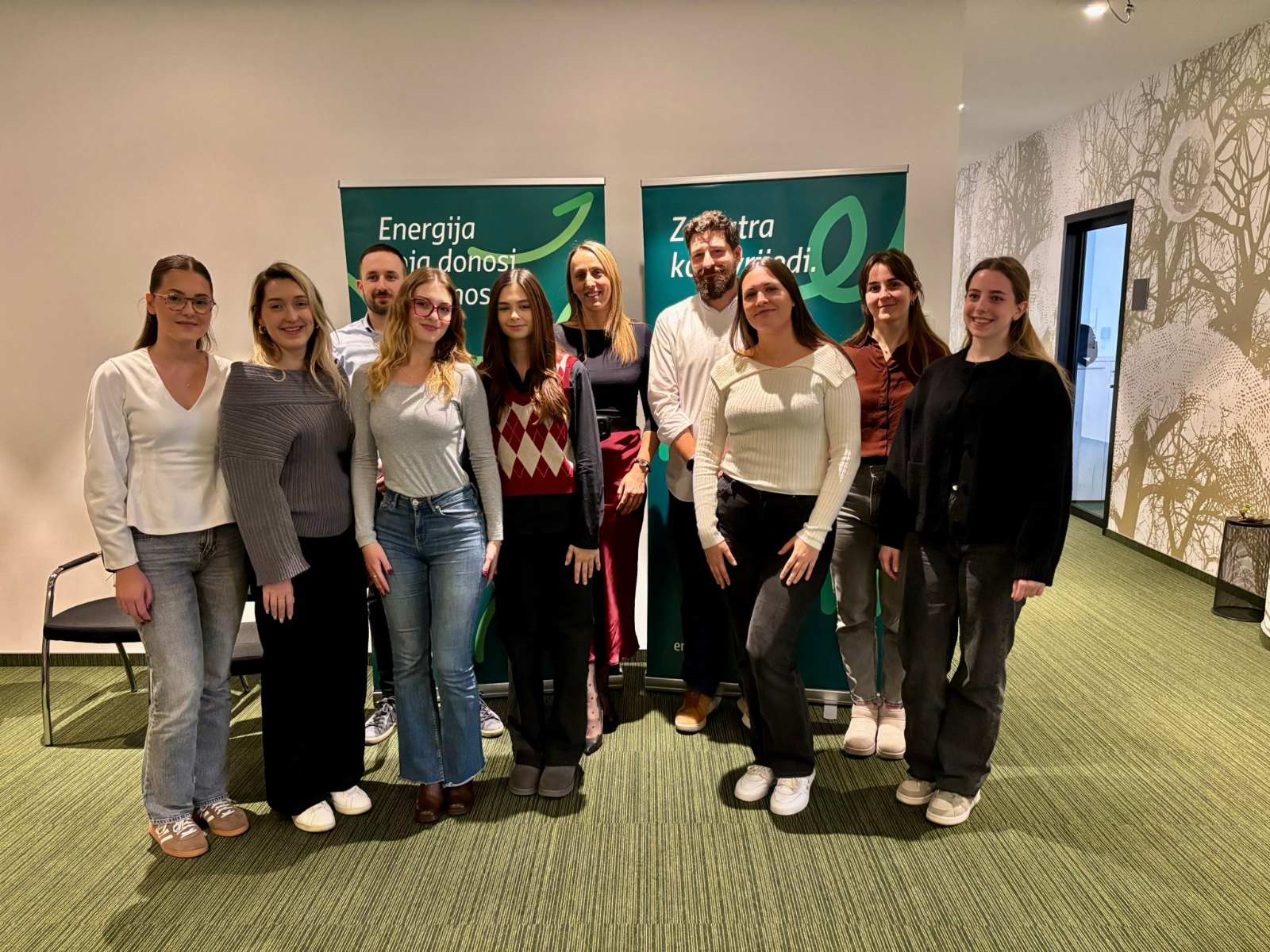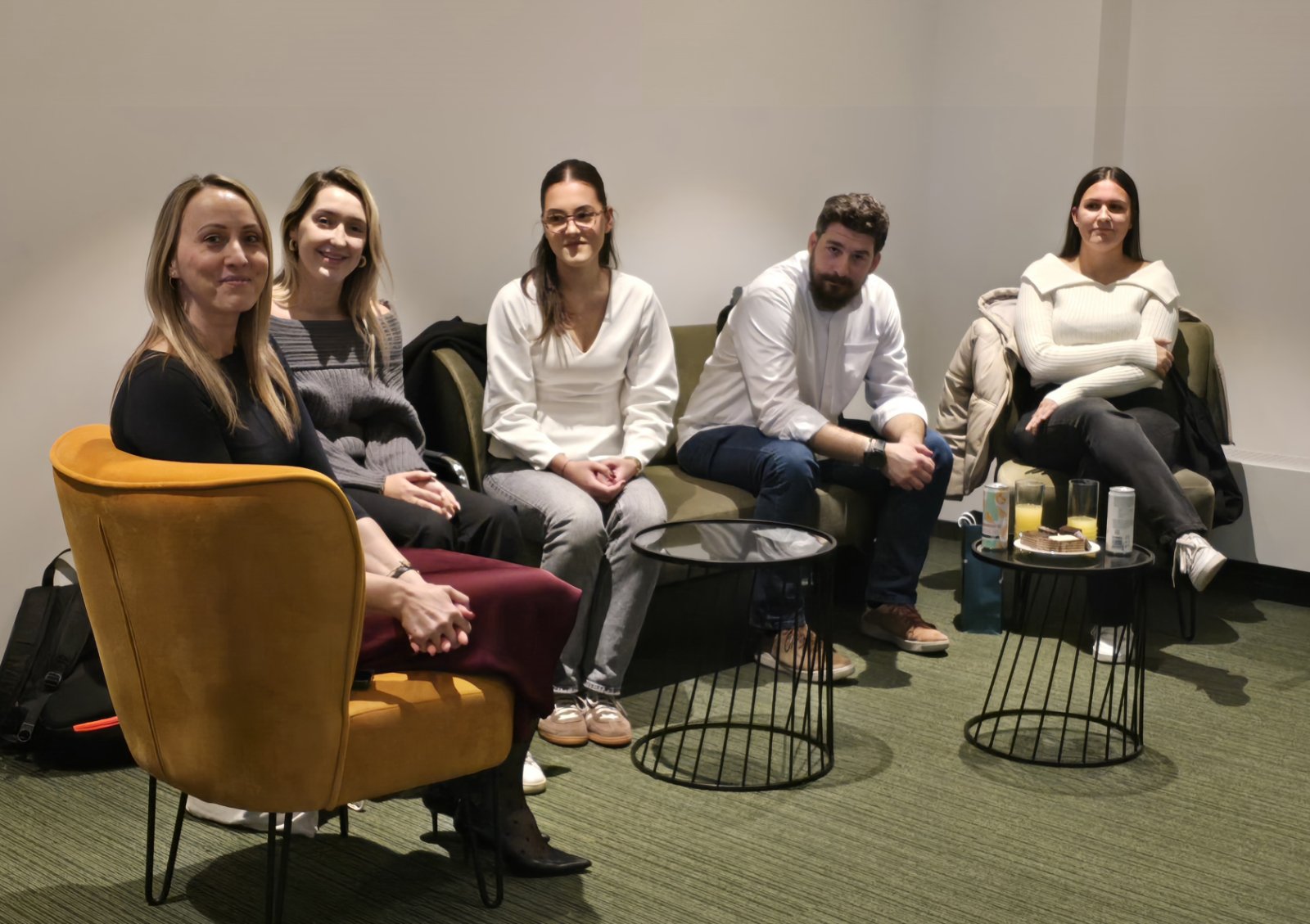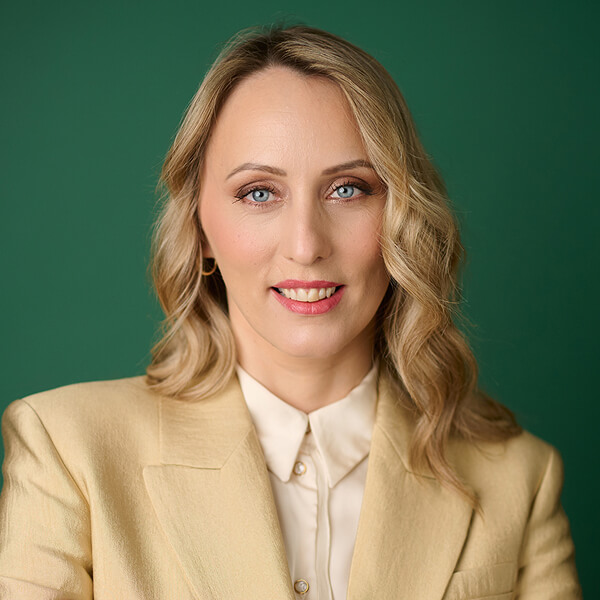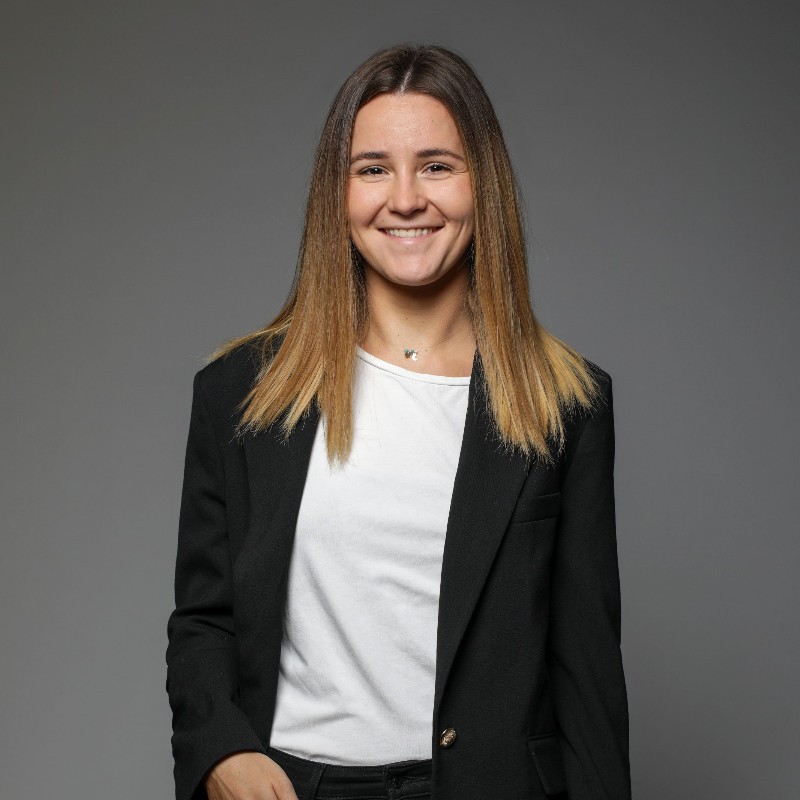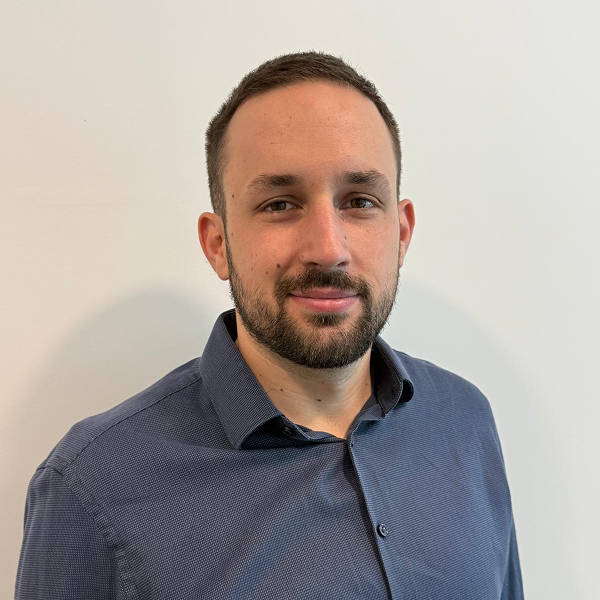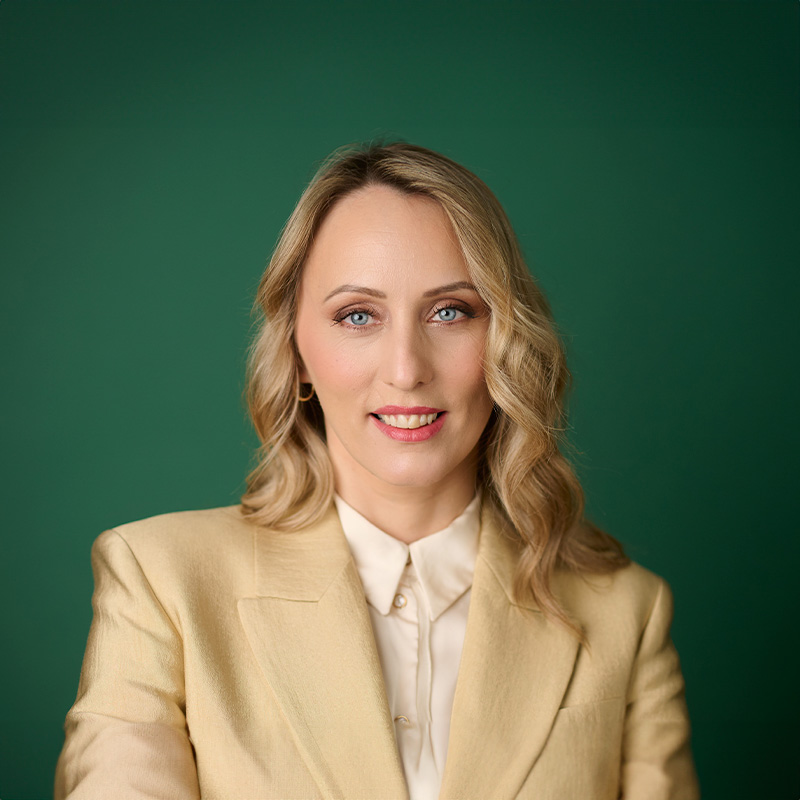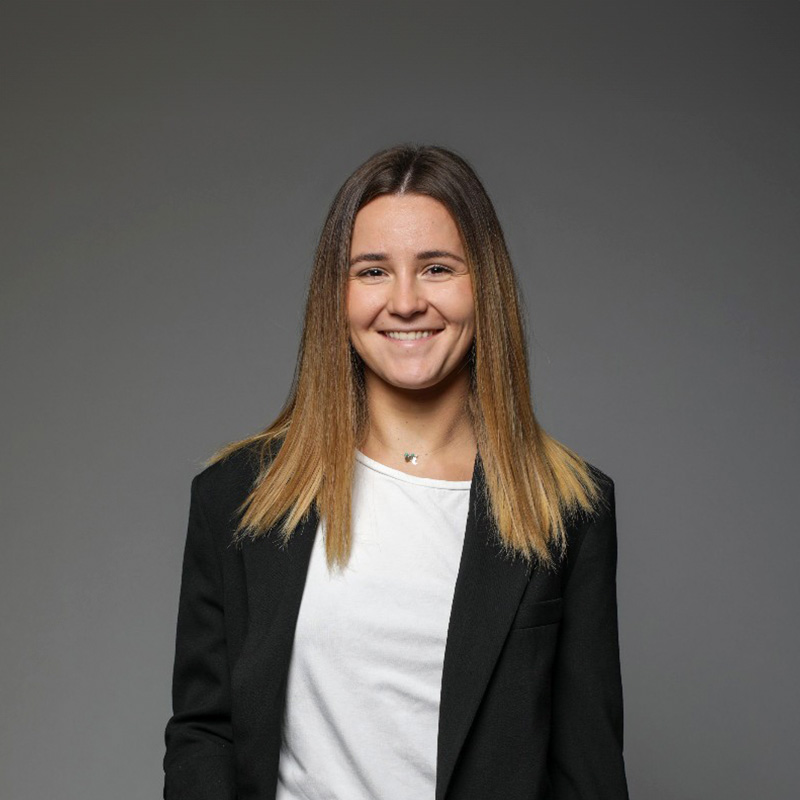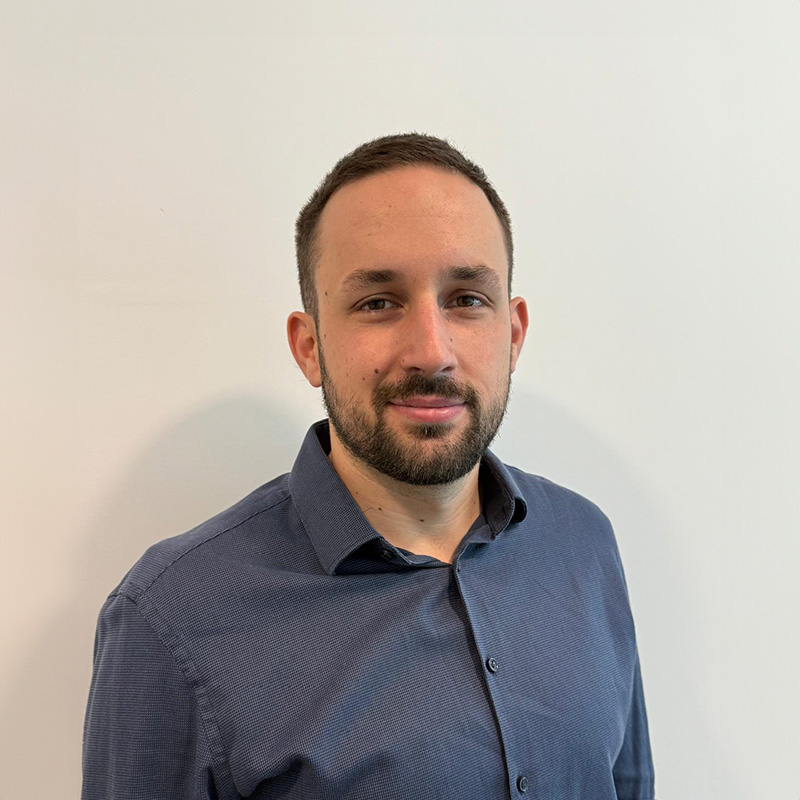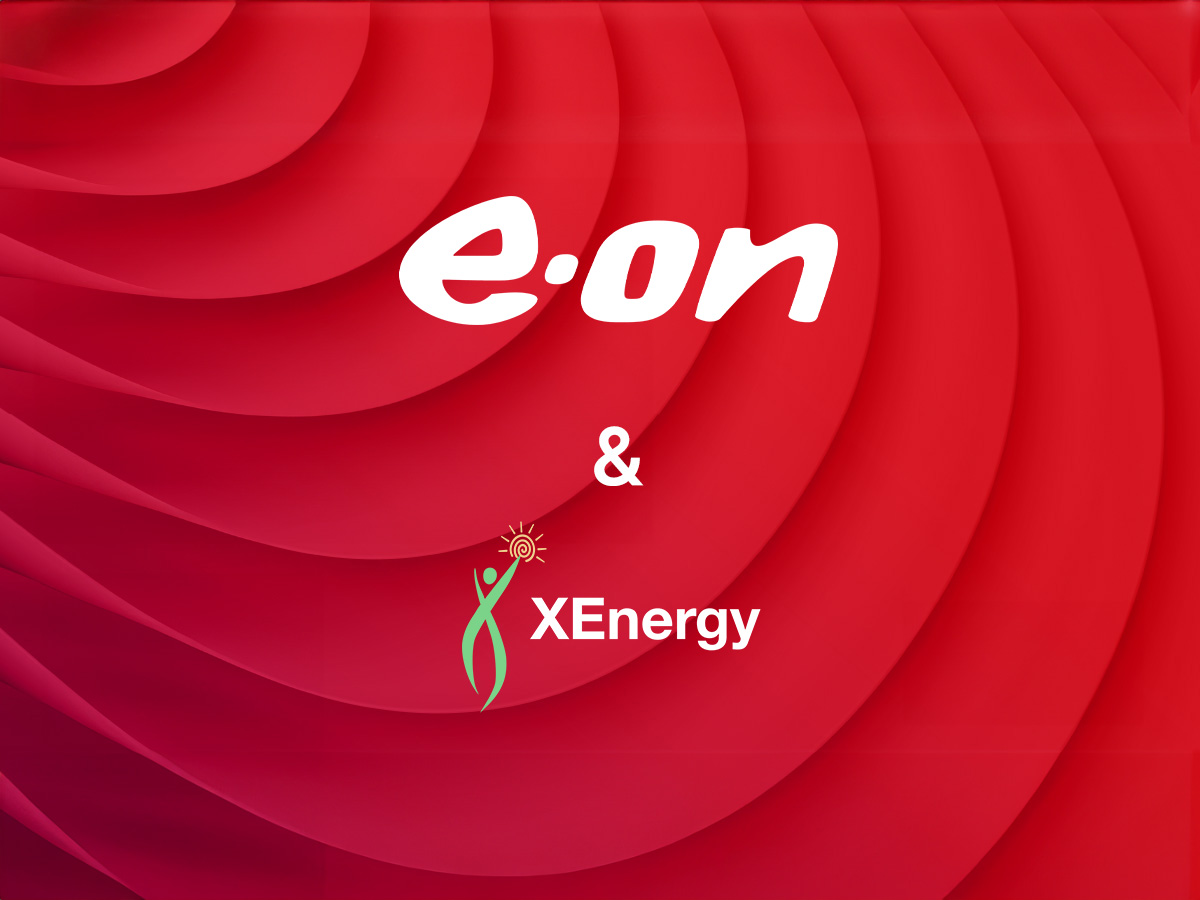XEnergy, in collaboration with E.ON Croatia, hosted the first internship program for female students of master’s and professional university programs across various fields: STEM, economics, and law.
The program offered students an outstanding opportunity to gain experience in the international company E.ON Croatia, a leader in energy transition in Croatia and Slovenia, which employs 72,000 people across 16 countries and serves 48 million customers worldwide.
During the program, participants were actively involved in various company activities at E.ON, gaining professional experience and learning about corporate culture. They also had the chance to work on concrete projects under the guidance of their E.ON mentors and experts from various XEnergy boards.
